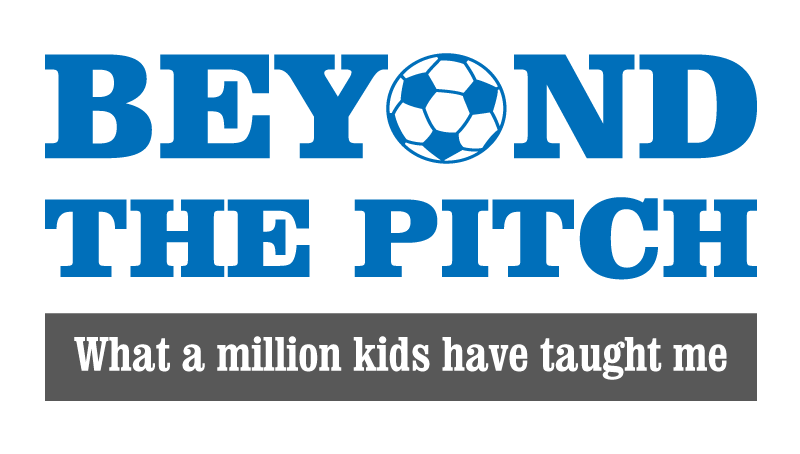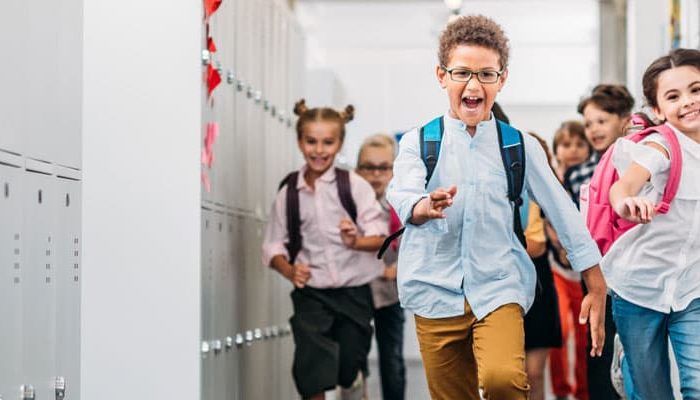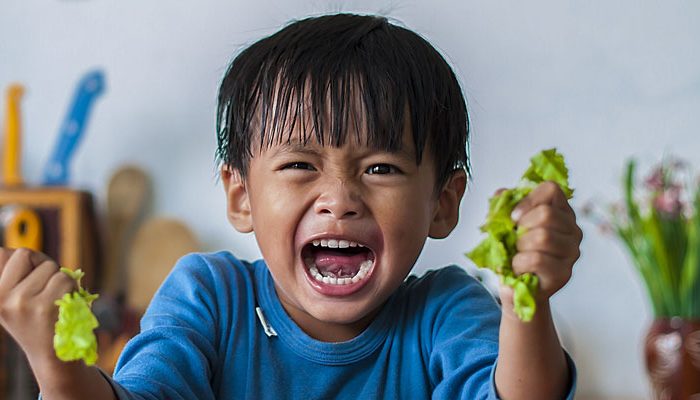
© zinkevych / Adobe Stock
When is Clean TOO Clean?
May 25, 2021
There is a new commercial for a cleaning product that has me concerned. The product is a spray that allows you to disinfect your clothes after being out in public. The catchphrase of the commercial is “just to be sure.” In it, a teenager is spraying everything and after each spray says, “just to be sure.” In the end, a parent is looking on quite proudly and says, “he takes after me.”
The consumer products industry and their savvy marketers often use fear to sway us to buy things. They capitalize on situations to sell their wares. Which makes sense, many of our purchases are emotional decisions. However, I think we need to be just as savvy in our consumption of products as the marketers who promote them—think more about why we buy what we buy and what messages we are sending to our children when we purchase and use them.
The commercial has just got me thinking about whether COVID has made us hypersensitive to germs in an unhealthy way. While most of us have been abundantly cautious about cleanliness during COVID, what troubles me is at what point does this caution become an obsession or a compulsion? Have we gone overboard? As a result, will our kids be so fearful of getting sick that they will develop an aversion to going out or a resistance to connecting with people and, therefore, not fully engage in life?
We’ve heard, read and probably even seen in our own families the harmful impact isolation has had on our children (and ourselves). But have we stopped to think about how our behaviors, conversations and consumption of things have also impacted them?
Kids soak up information in many ways, and often what they see is far more impactful than what they hear. If we constantly tell them (whether in our words or behavior) the world is unsafe, it can become problematic.
A sense of trust in the world is the cornerstone of our emotional development and well-being. It’s what allows us to make friends, learn, take some calculated risks and try new things. When we trust, we feel safe. When we feel safe, we can engage.
As social creatures, we need to be amongst and interacting with others. But it goes beyond that. Socialization plays a vital part in healthy development--especially when we are young. Children learn through engaging with their environment and those who are in it. Our experiences teach us how things work, shape our perceptions, build creativity and sharpen our executive functioning skills. The larger the pool of opportunity, the greater the learning. When those opportunities are limited, development is hindered.
“Ultimately, it’s up to us to choose how we will manage and mitigate those fears and live our lives—and help our children develop the resiliency to do the same.”
Fear is a normal part of life. There are times when the world feels unsafe; there are circumstances that are unsafe. And obviously, we have to exercise caution and be prudent in those times. Ultimately, it’s up to us to choose how we will manage and mitigate those fears and live our lives—and help our children develop the resiliency to do the same.
While difficult on parents, allowing kids a little bit of discomfort can be good for them. We often rush to fix things for our kids. But, when we let them feel and cope with their feelings in a nurturing way, it creates the opportunity to build skills. Here are some tips.
- Sit with your child and talk about their feelings instead of telling them they have nothing to fear. Asking questions about their fear and encouraging them to “tell you more” validates their feelings and provides an opportunity to name, understand and work through their emotions.
- Validate, but don’t linger. Phrases such as “that sounds really scary” or “other kids have felt the same way” and “I remember feeling that way when I was young” helps them see a way out. Spending too much time validating the fear can cause them to hyper-focus on it and may end up reinforcing it.
- Make a plan for the next time they have to engage with something they fear. Whether it’s going to bed by themselves, heading to the dentist or playing at the park, you can develop some coping strategies, set some goals, and provide lots of encouragement.
- Stay aware. Some fears, like scary movies, don’t need reconciling. And others are more pervasive and may need professional help.
- As always, patience is a must. Take a deep breath and tell yourself, “you’ve got this!”
Perhaps the fear of restarting a life outside of quarantine also resides within you or your significant other. These tips can help adults, too. Try them and let me know if they do!
Resuming some sort of social interactions and getting back into the world is a vital step in healing and imperative to your child’s learning and well-being. Taking all the precautions you want and need is your right. And perhaps necessary. Being mindful of how you go about it is, too.
For more information on tackling fears, the Child Mind Institute is a great resource.
Be kind to yourselves and others.
Until next time,

Recent Posts
Revive From Burnout
It’s been a while since I’ve written. Finding the time and my voice has been a bit challenging. And honestly I’ve been pretty burned out. Here are three things I’ve done to get back on track and revved up for a new year. Read more.
Tips for Back-to-School 2021
Are you wondering how to manage the back-to-school process this year? Emotions about returning to school may be running a little high. Read on to discover some tips for coping. A little pre-planning will go a long way. Read more.
Behavior on the Slide? Learn the Signs of Stress in Your Child
A child’s behavior can reveal a lot about how they’re feeling. Check out how you can help your child learn to understand and manage their emotions in healthy ways. Read more.





